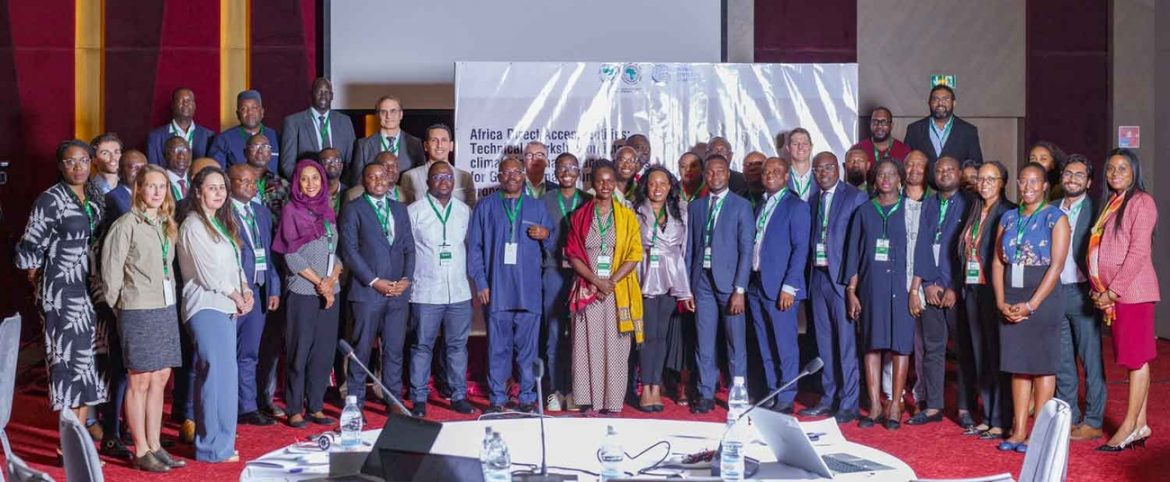To assist African nations in gaining access to greater climate adaptation finance, the African Development Bank (AfDB) and the Global Center on Adaptation have unveiled a new project under the Technical Assistant Programme of the Africa Adaptation Acceleration Programme.
Through this new initiative, Direct Access Entities in Africa will receive more support to increase their capacity with regard to climate data, tools, and methodologies that help them meet the essential requirements of climate rationale for compelling funding proposals that could merit approval by the Green Climate Fund (GCF) Board.
The GCF is one of the United Nations Framework Convention on Climate Change (UNFCCC} mechanisms to help the world significantly advance toward achieving the targets established by the international community to combat climate change. It aids developing nations in limiting or reducing their greenhouse gas emissions and adapting to the impacts of climate change.
Based on the pipeline of Direct Access Entities financing applications that need extra technical assistance and direction, the AfDB and the Global Center on Adaptation will collaborate with their partners to choose at least four proposals per year. The Global Center on Adaptation will offer technical help for a certain selection of funding proposals through its Technical Assistance Programme (TAP).
Read also: Security leaders say Australia needs ‘wartime mobilisation’ response to climate disaster
The unveiling of the new initiative took place in Abidjan, Cote d’Ivoire, on the 6th and 7th of December 2022 with programme partners including the GCF, World Meteorological Organization (WMO), Africa Climate Change Fund, ClimDev Special Fund and Regional Climate Centers in Africa.
Speaking at the event, Professor Anthony O. Nyong, Senior Director for Africa at the Global Center on Adaptation said , “Africa is on the frontline of our climate emergency. Through this new initiative, we aim to significantly increase the flow of adaptation finance to the region. Given the central role of the Green Climate Fund, the unprecedented volumes of funding it offers, the range of financial instruments it provides, and its different access modalities, we will initially focus this initiative on accessing GCF resources, but this is just the start of our long-term partnership with African countries to mobilize finance for climate adaptation across the continent.”
Also speaking, Dr Al Hamndou Dorsouma, Acting Director of the Department of Climate Change and Green Growth at the African Development Bank, said, “climate rationale for the GCF funding proposal is like the foundation of a building. A solid building should have a solid foundation and I am glad our bank has forged a collaboration with relevant regional and international institutions to help direct access entities secure approvals for more funding proposals on adaptation with strong climate rationale.”
On his part, Dr Kevin Horsburgh, Lead Climate Scientist representing GCF, noted, “To promote transformational projects and catalyze climate finance at scale, GCF follows a four-pronged approach: transformational planning; catalyzing innovation; de-risking high impact projects; and aligning finance with sustainable development. Each step needs the best available information to assist decision-making. The GCF is pleased to be working with the WMO to create the bridge between climate information and all those who need to use it, to improve access to climate finance.”
Story was adapted from AfDB.
